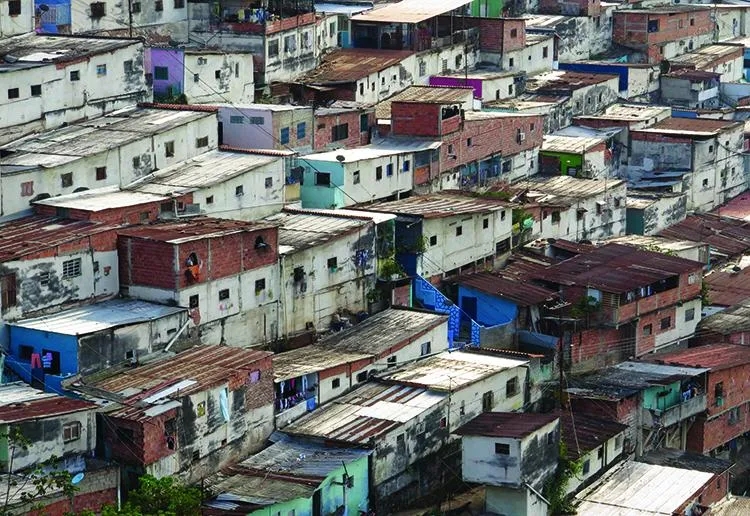@generalfritz14 asked, "Venezuela went from “Democratic Socialism” to “Starving Socialism”. What political events/policies went into place to lead to this collapse? Who or what is to blame?"
In 1999, the president of Venezuela, Hugo Chavez, introduced policies intended to reduce poverty by redistributing wealth among its citizens. Unfortunately, nearly all of the funding for these policies came from selling state-collected oil (AEIR). So, when oil prices began to plummet in 2014, so did the funds for redistribution. This combined with the fact that Venezuela only produced roughly 30% of its food supply (USA TODAY) left the government unable to provide basic necessities to its citizens. As we learned from the video presentation for this week (Socialism Sucks), Venezuelan citizens literally had to walk across the Columbian border to purchase basic necessities. To make matters worse, the government implemented controls on prices of private company products in an attempt to make products more affordable to poor citizens, which forced private businesses to reduce production and go out of business, thus removing sources of food, clothing, and other physical needs to poor citizens. (AEIR)
Another factor that contributed to the fall of the Venezuelan economy was that Nicholas Maduro, who elected president of Venezuela in 2013, decided to heavily decrease the value of the Venezuelan bolivar to be one tenth of a U.S. dollar, once again to make products more affordable to the poor. This led to hyperinflation, and for the bolivar to become practically worthless. There has even been talk of creating a completely new form of currency in Venezuela or adopting the U.S. dollar, which comes to show how deep the crisis in Venezuela really is. (USA TODAY)
Based on the above information, I believe there are two things to blame here for Venezuela's economic collapse: socialist ideals and a lack of free domestic trade. Reducing poverty rates should be a high priority for all governments, but this cannot be done if private companies and convenient stores selling necessities are hindered from doing business. The socialist idea that the government should provide these basic needs to its citizens doesn't really work if the government's main source of income (oil) fails. And hindering private business growth is a nail on the coffin.
Although socialist policies were not the only causes of the ongoing Venezuelan economic crisis, they surely are leading causes.
